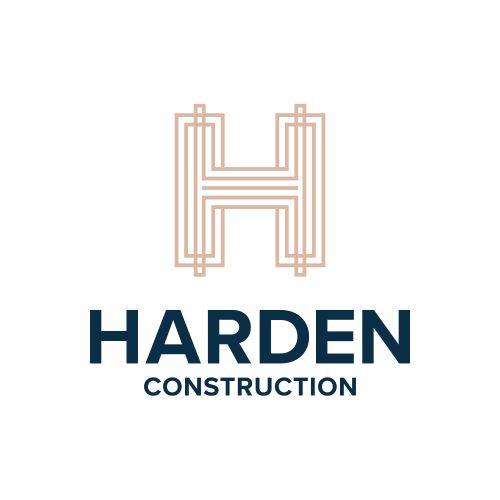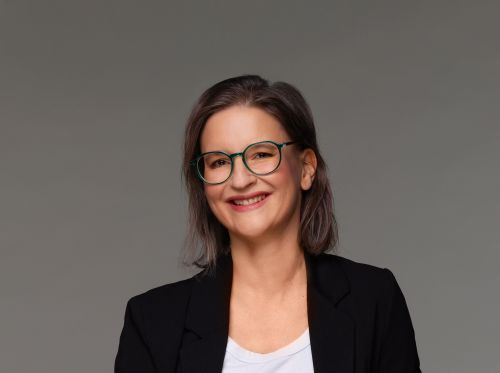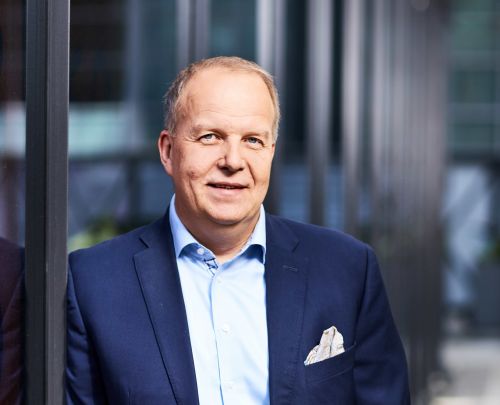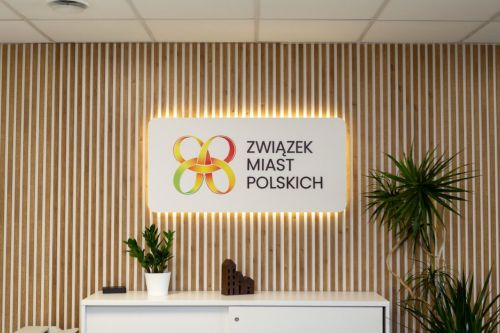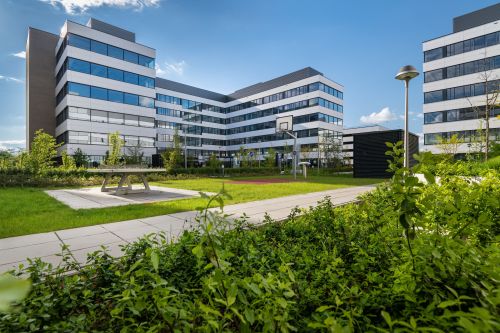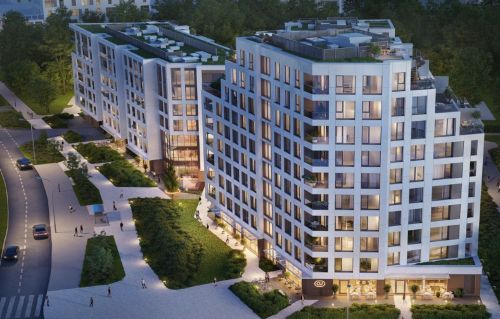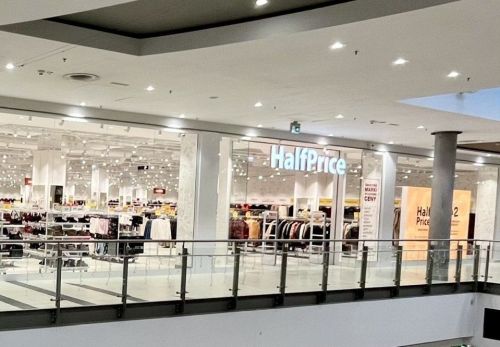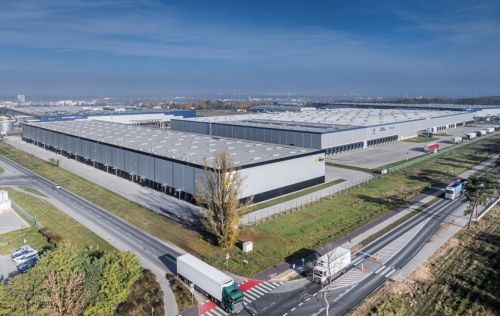However, the first topic addressed a real risk that lies ahead. “Interest rates are still quite low, so you can quite easily finance your operations – but this situation will not last forever,” warned Jan Vincent-Rostowski, the former minister of finance, in his introductory speech for the meeting; “In two, three or four years at the latest, interest rates will be much higher than they have been up to now and loans will be harder to obtain.”
The first session of the conference was hosted by journalist and TV presenter Piotr Kraśko, who pressed the minister on the impact of the election of Donald Trump as US president. Mr Rostowski replied that we should expect changes in the American budget policy and an even further strengthening of the dollar as well as an increase in the profitability of US bonds.
“The closing year has been full of events that have had great significance for the real estate market. It started with the uncertainty surrounding th





















